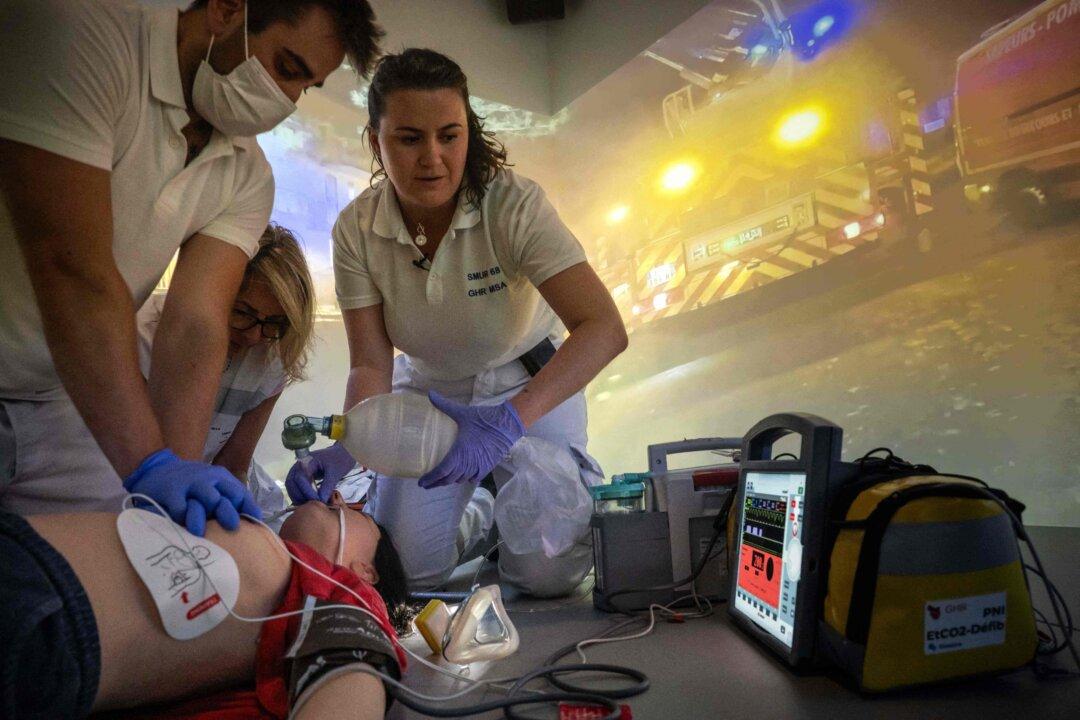Australian health scientists will establish the world’s largest registry of sudden cardiac arrest deaths as they seek to unveil the mysteries behind the cardiovascular condition.
The project, carried out by the Baker Heart and Diabetes Institute with support from the Heart Foundation, will combine and examine data from two large cardiac arrest databases to create a new super-registry called CODEX-SD.





